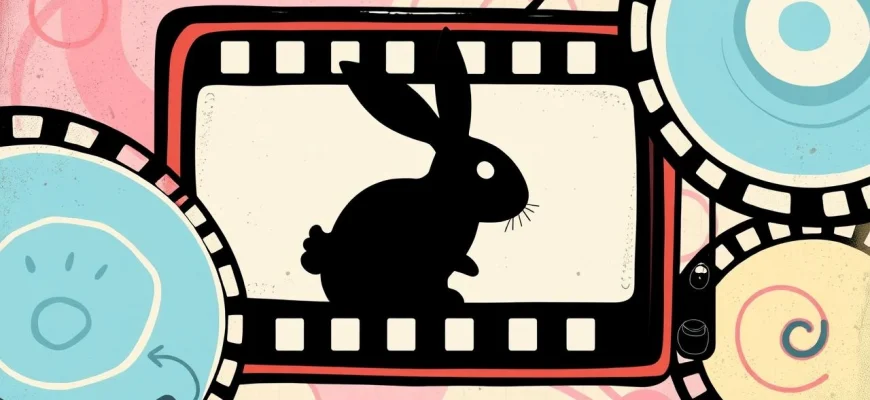If you loved the unique blend of dark humor, heartwarming moments, and historical satire in *Jojo Rabbit* (2019), you're in for a treat. This article explores 10 movies and TV shows that capture the same quirky charm, emotional depth, and unconventional storytelling. Whether you're drawn to its bold satire, touching coming-of-age narrative, or Taika Waititi's signature style, these recommendations will keep you entertained and emotionally invested.
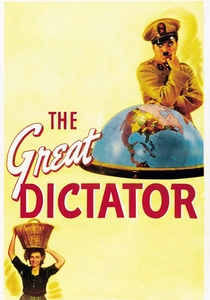
The Great Dictator (1940)
Description: As one of cinema's earliest satires of fascism, The Great Dictator shares with Jojo Rabbit the bold approach of using comedy to lampoon Hitler and Nazism. Both films balance their humorous takes with profound humanitarian messages, demonstrating how satire can be a powerful tool against tyranny.
Fact: Charlie Chaplin's first full talkie. Produced when the U.S. was still at peace with Germany, making its anti-Nazi stance controversial. Chaplin later said he wouldn't have made the film had he known the full extent of Nazi atrocities.
 Watch Now
Watch Now 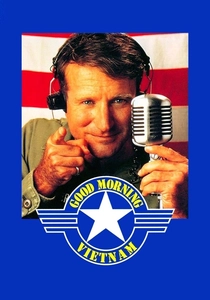
Good Morning, Vietnam (1987)
Description: Similar to Jojo Rabbit's use of humor against a wartime backdrop, Good Morning, Vietnam employs comedy to critique military absurdity and censorship. Both films feature protagonists who use humor as both a shield and a weapon against oppressive systems, blending laughter with serious commentary on war's realities.
Fact: Robin Williams improvised most of his radio broadcasts. The film is loosely based on the experiences of real-life AFRS radio DJ Adrian Cronauer. Williams received his first Academy Award nomination for this role.
 Watch Now
Watch Now 
Life Is Beautiful (1997)
Description: Like Jojo Rabbit, Life Is Beautiful uses humor and a child's perspective to confront the horrors of the Holocaust. Both films showcase a parent's attempt to shield their child from the brutalities of war through imagination and love, creating a poignant contrast between innocence and the surrounding darkness.
Fact: Roberto Benigni wrote, directed, and starred in the film. It won three Academy Awards, including Best Actor for Benigni. The film was partially inspired by Benigni's own father, who survived a Nazi labor camp.
 Watch Now
Watch Now 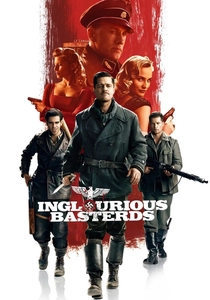
Inglourious Basterds (2009)
Description: Both Jojo Rabbit and Inglourious Basterds offer satirical takes on Nazi Germany, blending dark comedy with historical drama. While Jojo Rabbit uses a child's naivety, Inglourious Basterds employs hyper-stylized violence and alternate history to critique fascism, both underlining the absurdity of hate ideologies.
Fact: Quentin Tarantino considered this his masterpiece. Christoph Waltz's performance as Hans Landa earned him an Academy Award. The film's title is intentionally misspelled, paying homage to a 1978 Italian war film.
 Watch Now
Watch Now 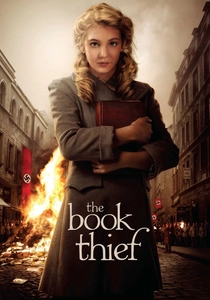
The Book Thief (2013)
Description: Similar to Jojo Rabbit, The Book Thief explores the impact of Nazi Germany through the eyes of a child, blending innocence with the harsh realities of war. Both films use a young protagonist's perspective to highlight the absurdity and tragedy of fascism, while maintaining a tone that balances humor and heartbreak.
Fact: The film is based on the best-selling novel by Markus Zusak. The narrator of the story is Death itself, providing a unique perspective on the events. It was shot in Germany, with many scenes filmed in Berlin and Görlitz.
 Watch Now
Watch Now 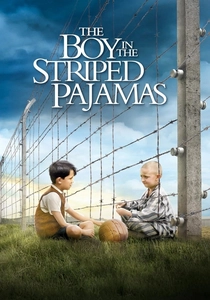
The Boy in the Striped Pyjamas (2008)
Description: This film shares with Jojo Rabbit the theme of childhood innocence amidst the Holocaust, exploring friendship across ideological divides. Both movies use the perspective of children to underscore the senselessness of prejudice and the universal capacity for empathy, delivering powerful emotional punches.
Fact: Based on John Boyne's novel of the same name. The film's young actors, Asa Butterfield and Jack Scanlon, were unaware of the full historical context during filming to preserve their natural performances. It was shot in Budapest, Hungary, standing in for 1940s Germany.
 Watch Now
Watch Now 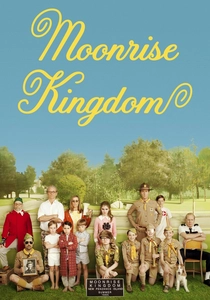
Moonrise Kingdom (2012)
Description: Wes Anderson's film shares with Jojo Rabbit a stylized, whimsical approach to childhood adventure amidst serious backdrops. Both use precise visual aesthetics to create self-contained worlds where young protagonists navigate complex emotional landscapes, mixing melancholy with sweet humor.
Fact: The entire film was shot in Rhode Island. Anderson created a fictional children's book, 'The Girl from Jupiter', as a prop. The cast included three Academy Award winners in supporting roles.
 Watch Now
Watch Now 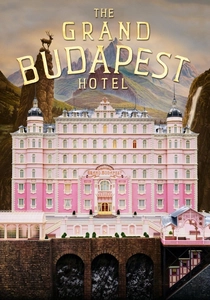
The Grand Budapest Hotel (2014)
Description: Like Jojo Rabbit, this Wes Anderson film uses vibrant aesthetics and dark comedy to explore serious historical themes (the rise of fascism in Europe). Both employ stylized storytelling to examine how charm and humor persist even in dark times, with eccentric characters navigating changing political landscapes.
Fact: Inspired by the writings of Stefan Zweig. Features a fictional Eastern European country called Zubrowka. The film won four Academy Awards, all in technical categories.
 Watch Now
Watch Now 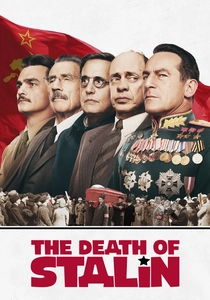
The Death of Stalin (2017)
Description: This political satire shares Jojo Rabbit's approach of using sharp comedy to expose the absurdity and horror of totalitarian regimes. Both films balance their dark humor with insightful commentary on power dynamics and the human cost of ideological extremism, making serious points through laughter.
Fact: Based on a French graphic novel. Banned in Russia and several former Soviet states. Features an international cast using their native accents, creating a deliberate dissonance. Director Armando Iannucci is known for his work on Veep and The Thick of It.
 Watch Now
Watch Now 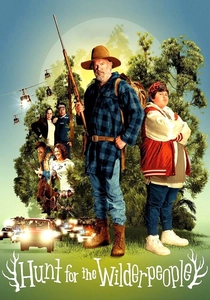
Hunt for the Wilderpeople (2016)
Description: While not about war, this film shares Jojo Rabbit's coming-of-age story with quirky humor and heart. Both feature unconventional parent-child relationships in challenging circumstances, blending adventure with emotional depth, and showcasing Taika Waititi's signature style of balancing comedy with poignant moments.
Fact: Directed by Taika Waititi, like Jojo Rabbit. Based on Barry Crump's book Wild Pork and Watercress. The film broke box office records in New Zealand, becoming the highest-grossing local film at the time.
 Watch Now
Watch Now 
